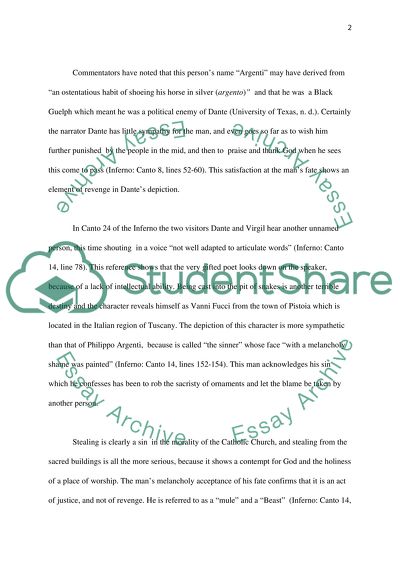Dante's Devine Comedy Essay Example | Topics and Well Written Essays - 750 words. Retrieved from https://studentshare.org/literature/1450615-danteyies-ypdevine-comedyy
Dante'S Devine Comedy Essay Example | Topics and Well Written Essays - 750 Words. https://studentshare.org/literature/1450615-danteyies-ypdevine-comedyy.


